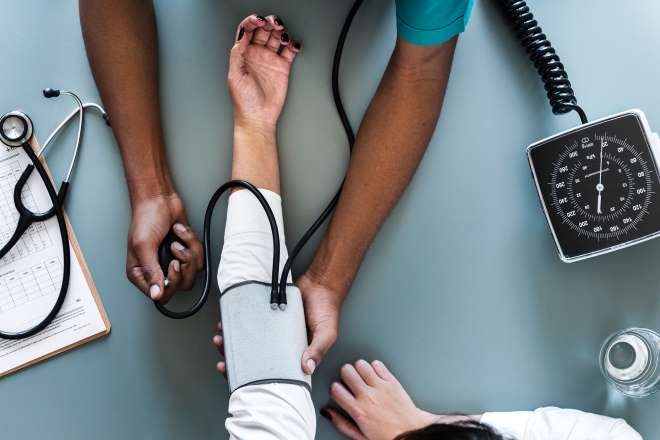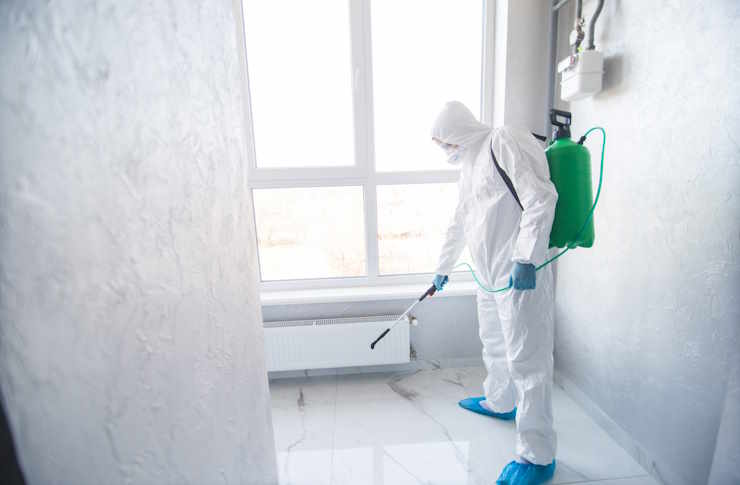Understanding Genital Psoriasis: Symptoms and Professional Care
Genital psoriasis may involve symptoms such as redness, irritation, or scaling in sensitive skin areas. Clinical management options are typically provided by licensed dermatologists and may vary based on individual medical history. Diagnosis and treatment plans are determined through professional evaluation.

What Are the Common Genital Psoriasis Symptoms?
Genital psoriasis symptoms typically manifest as red, inflamed patches of skin in intimate areas. Unlike psoriasis on other parts of the body, genital psoriasis rarely develops the thick, silvery scales commonly associated with the condition. Instead, the affected skin appears smooth, shiny, and bright red due to the moist environment of genital areas. Patients may experience intense itching, burning sensations, and discomfort during daily activities. The condition can affect various areas including the pubic region, external genitalia, groin folds, and the area between the buttocks. These symptoms can significantly impact personal relationships and overall well-being, making early recognition and treatment crucial.
How Do Dermatologists Diagnose Genital Psoriasis?
A genital psoriasis dermatologist employs various diagnostic methods to accurately identify the condition. The diagnosis typically begins with a comprehensive medical history review, including family history of psoriasis and autoimmune conditions. Physical examination focuses on the affected areas, with dermatologists looking for characteristic signs such as well-defined red patches and the absence of typical psoriatic scales. In some cases, dermatologists may perform a skin biopsy to rule out other conditions like eczema, fungal infections, or sexually transmitted infections that can present similar symptoms. Dermoscopy, a non-invasive diagnostic tool, may also be used to examine the skin more closely and identify specific features that confirm the psoriasis diagnosis.
What Professional Genital Psoriasis Treatment Options Are Available?
Genital psoriasis treatment requires a tailored approach due to the sensitive nature of the affected area. Dermatologists typically recommend mild topical corticosteroids as first-line treatment, using lower-potency formulations to minimize the risk of skin thinning. Calcineurin inhibitors, such as tacrolimus and pimecrolimus, are often preferred for long-term management as they do not cause skin atrophy. For severe cases, dermatologists may prescribe systemic treatments including oral medications or biologic therapies. Phototherapy using targeted UV light can also be effective, though it requires specialized equipment and professional supervision. Treatment plans are individualized based on symptom severity, patient medical history, and response to previous treatments.
Which Cream for Genital Psoriasis Works Best?
The selection of an appropriate cream for genital psoriasis depends on individual symptoms and skin sensitivity. Low-potency topical corticosteroids like hydrocortisone 1% are commonly prescribed for initial treatment. Calcineurin inhibitors such as tacrolimus 0.1% ointment and pimecrolimus 1% cream are often recommended for maintenance therapy due to their safety profile in sensitive areas. Vitamin D analogues like calcipotriol may be used in combination with other treatments, though they require careful application to avoid irritation. Moisturizing creams containing ceramides or urea can help maintain skin barrier function and reduce dryness. Dermatologists may also recommend specialized formulations containing coal tar or salicylic acid for specific cases, though these require professional supervision.
What Unique Insights About Psoriasis Treatment Exist in India?
In India, psoriasis treatment has evolved to incorporate both modern dermatological practices and traditional approaches. The country has seen significant advancement in biologic therapies, with several major cities now offering cutting-edge treatments through specialized psoriasis clinics. Indian dermatologists have contributed valuable research on the genetic factors affecting psoriasis in South Asian populations, leading to more targeted treatment approaches. The integration of Ayurvedic principles with conventional treatments has gained acceptance among some practitioners, though scientific validation remains limited. India’s diverse climate zones require region-specific treatment modifications, with dermatologists in tropical areas focusing on humidity-related complications while those in drier regions address different environmental triggers.
How Much Do Genital Psoriasis Treatments Cost in India?
The cost of genital psoriasis treatment in India varies significantly based on treatment type and healthcare provider. Consultation fees with dermatologists range from ₹500 to ₹2,000 in private clinics, while government hospitals offer more affordable options. Topical treatments typically cost between ₹200 to ₹1,500 per tube, depending on the specific medication and brand. Advanced treatments like biologics can be substantially more expensive, ranging from ₹15,000 to ₹50,000 per injection.
| Treatment Type | Average Cost Range | Duration | Availability |
|---|---|---|---|
| Dermatologist Consultation | ₹500 - ₹2,000 | Per visit | Widely available |
| Topical Corticosteroids | ₹200 - ₹800 | 4-6 weeks | All pharmacies |
| Calcineurin Inhibitors | ₹800 - ₹1,500 | 2-3 months | Major pharmacies |
| Biologic Injections | ₹15,000 - ₹50,000 | Per injection | Specialized centers |
| Phototherapy Sessions | ₹300 - ₹1,000 | Per session | Select clinics |
Prices, rates, or cost estimates mentioned in this article are based on the latest available information but may change over time. Independent research is advised before making financial decisions.
When Should You Seek Professional Care?
Professional medical attention should be sought immediately when genital psoriasis symptoms interfere with daily activities or personal relationships. Early intervention by a qualified dermatologist can prevent symptom progression and reduce the risk of secondary infections. Individuals should consult healthcare professionals if over-the-counter treatments fail to provide relief within two weeks or if symptoms worsen despite treatment. Regular follow-up appointments are essential for monitoring treatment effectiveness and adjusting medications as needed. Patients should also seek immediate care if they develop signs of infection, including increased pain, pus, or fever. Building a long-term relationship with a trusted dermatologist ensures continuity of care and better treatment outcomes for this chronic condition.
Genital psoriasis requires specialized medical attention and individualized treatment approaches to effectively manage symptoms while maintaining quality of life. Working closely with qualified dermatologists and following prescribed treatment regimens can help individuals achieve better symptom control and prevent complications. Early diagnosis and appropriate treatment selection remain crucial factors in successful management of this challenging condition.
This article is for informational purposes only and should not be considered medical advice. Please consult a qualified healthcare professional for personalized guidance and treatment.




